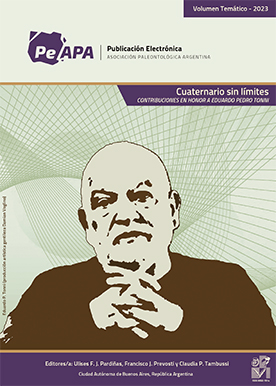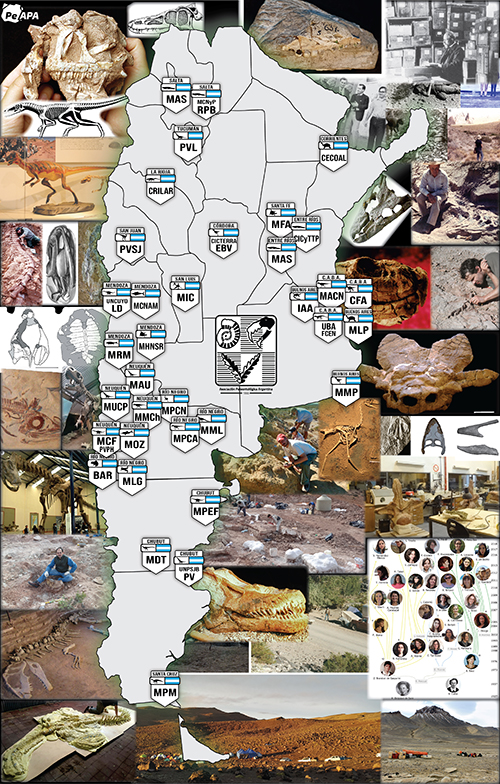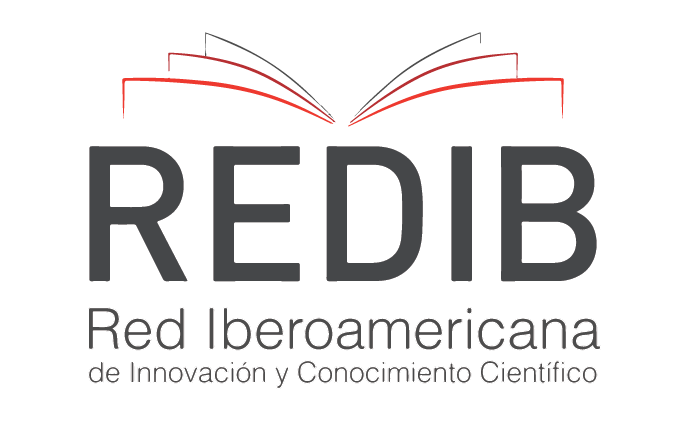CARACTERISTICAS GEOQUIMICAS DE LAS SECUENCIAS CARBOGENICAS DEL SUR DE CHILE: EL YACIMIENTO DE PUPUNAHUE
Abstract
The coal-bearing sequence of Oligo-Miocene age has been studied in the Pupunahue Basin, in order to establish a model type of study to be applied to other deposits of similar characteristics in the south of Chile. The following elements were analyzed in coals: B, S, Ti, V, Cr, Co, Ni, Cu, Zn, Ga, Ge, As, Cd and Pb. In shales were determined: Ti, V, Cr, Co, Ni, Cu, Zn, As, Cd and Pb. The contents of sulphur and boron indicate a moderate marine influence in cornparison with other deposits of the region (e.g. Catamutún). Elements of economic importance, such as Ge, V and Ti, display no interesting concentrations. The level of arsenic, sulphur, zinc and cadmium is not significant enough to consider them as potential contaminants.
KEY WORDS. Trace elements in coals. Pupunahue. Chile.
Downloads
Published
Issue
Section
License

Authors retain copyright and grant the journal right of first publication with the work simultaneously licensed under a CC Attribution-NonCommercial 4.0 that allows others to share the work with an acknowledgement of the work's authorship and initial publication in this journal.






















